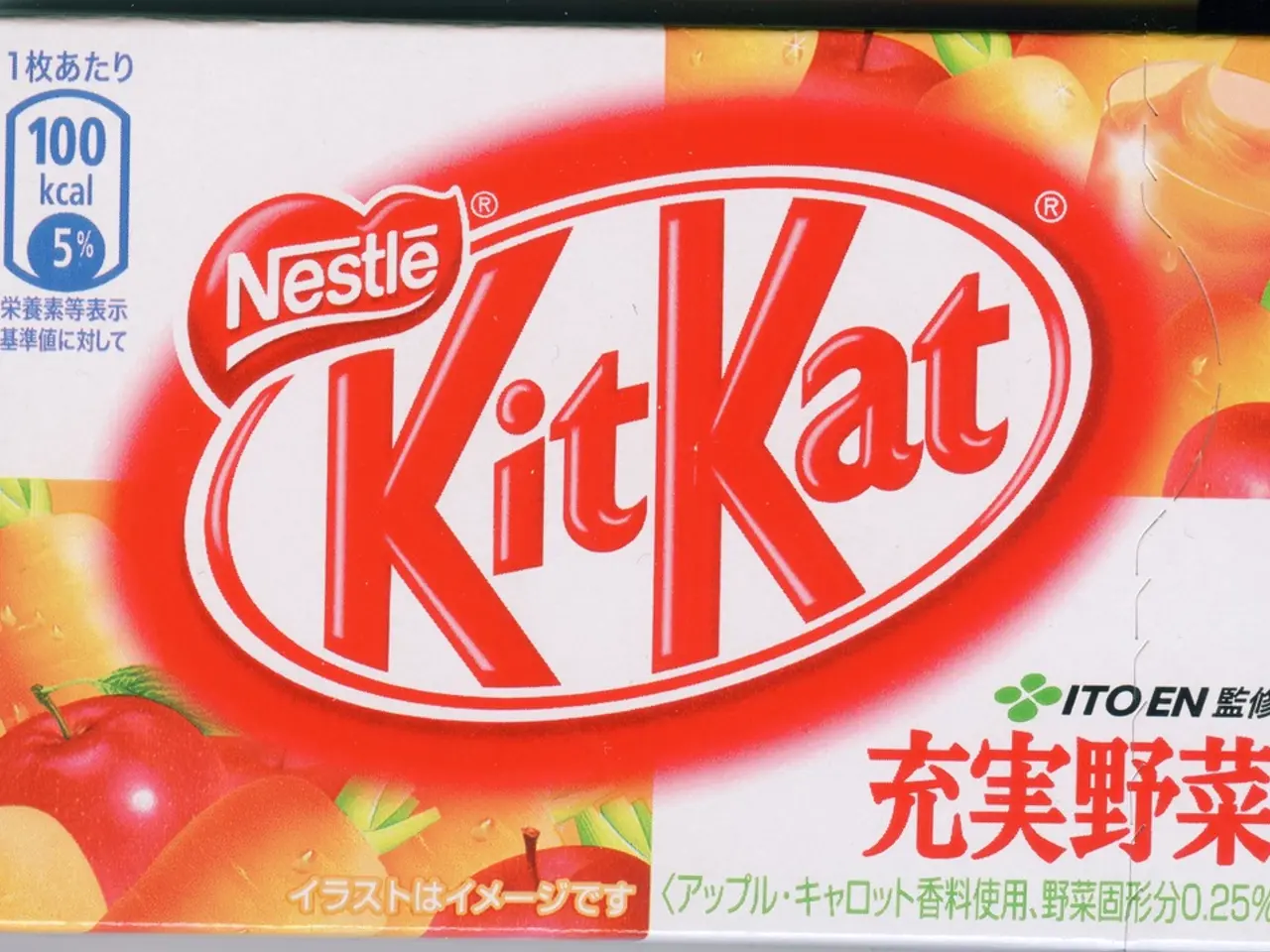Mail-order pharmacies may entice customers with the allure of prizes, according to a recent statement from the BGH. - Pharmacies authorized by BGH can implement premium lock systems
In a landmark ruling, the Federal Court of Justice (BGH) in Karlsruhe, Germany, has dismissed a lawsuit filed by the Bavarian Pharmacists' Association against a Dutch-based shipping pharmacy in 2012. The case, which revolves around the price regulation of prescription drugs in Germany, has been a long-standing dispute over whether such regulations apply to shipping pharmacies based in other EU countries.
The lawsuit, initially sided with by lower courts in Munich, claimed that the Dutch pharmacy violated competition law and drug pricing regulations by offering bonus points for prescription drugs. However, the BGH saw no violation of the law against unfair competition in the bonus points offered by the shipping pharmacy.
The court's ruling is significant as it upholds the notion that rules on drug pricing that applied in Germany until the end of 2020 did not apply to shipping pharmacies based in other EU countries. This decision highlights the varying regulations on drug pricing and bonuses across the European Union (EU).
In the EU, drug prices are mostly negotiated at the national level by healthcare insurers, leading to varied pricing across different countries. In contrast, Germany has a more centralized system, with drug prices negotiated between the manufacturers and the Federal Joint Committee (Gemeinsamer Bundesausschuss, GBA).
Germany also has strict regulations on bonuses for pharmacists to prevent conflicts of interest and ensure impartial prescription practices. These regulations differ from some other EU countries where such practices might be more common due to different legal frameworks.
The BGH's ruling is based on standards set by the European Court of Justice. Thomas Koch, a representative, explained that the court referred to these standards in the case. The court also noted that not applying these rules would not violate the freedom of goods.
The plaintiff, the Bavarian Pharmacists' Association, did not present sufficient data or "hard facts" to prove that without drug price regulation, a comprehensive drug supply could not be maintained, and thus the health of the population would be endangered.
The case serves as a reminder of the differences in pharmacy practices between EU countries and Germany. The BGH's ruling ensures transparency and fairness in the pharmacy sector by enforcing rules that prohibit bonuses for pharmacists, ensuring that prescriptions are based on medical necessity rather than financial incentives.
References: [1] European Commission. (2020). Pharmaceutical pricing and reimbursement in the EU. Retrieved from https://ec.europa.eu/health/systems/pharmaceutical_policy/pricing_reimbursement_eu_en [2] European Commission. (2020). Pharmaceutical pricing and reimbursement in Germany. Retrieved from https://ec.europa.eu/health/systems/pharmaceutical_policy/pricing_reimbursement_de_en [3] European Parliament. (2019). Proposed EU Pharma Law Package. Retrieved from https://www.europarl.europa.eu/news/en/headlines/health/20190919STO76605/proposed-eu-pharma-law-package-to-combat-medicine-shortages-and-improve-access-to-innovative-medicines [4] European Commission. (2020). Pharmaceutical Strategy for Europe. Retrieved from https://ec.europa.eu/info/publications/pharmaceutical-strategy-europe_en
- The ruling by the Federal Court of Justice (BGH) in Karlsruhe, Germany, underscores the variance in health-and-wellness policies and medicare regulations across European Union (EU) countries, as it demarcates the differences in drug pricing and bonus practices.
- In the EU, policy-and-legislation regarding pharmaceutical pricing and reimbursement is negotiated at the national level, resulting in diversified pricing, a point illustrative in the BGH's decision regarding shipping pharmacies.
- The BGH's ruling, in line with European Court of Justice standards, advances the general-news discourse on politics and competition law in the pharmacy sector, emphasizing fairness and transparency by enforcing restrictions on bonuses for pharmacists.




